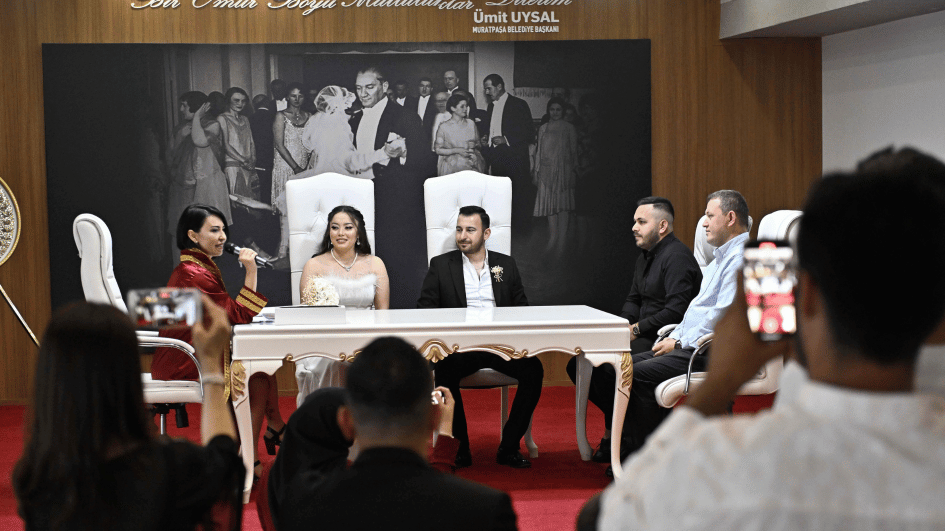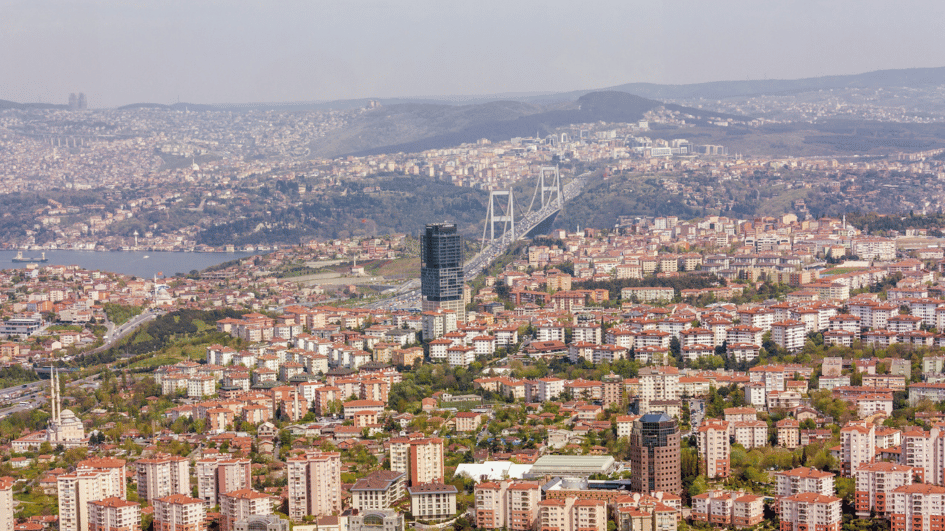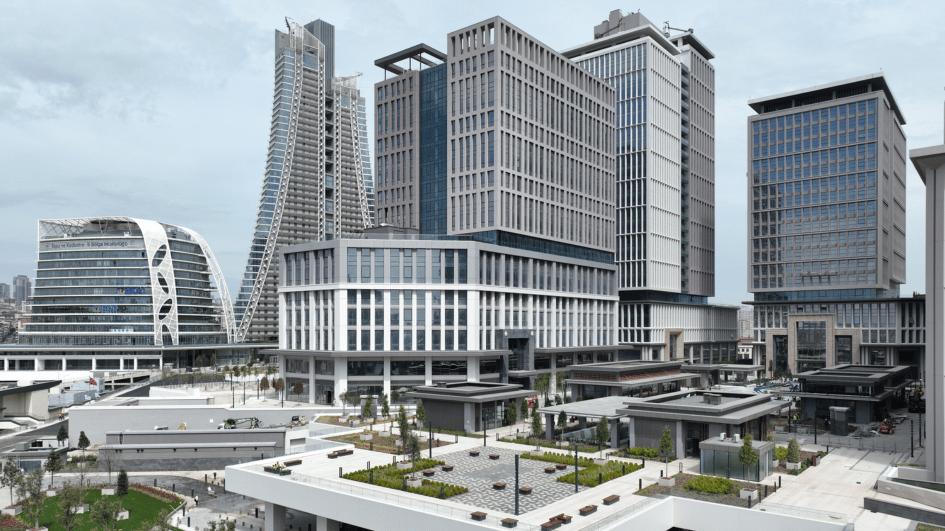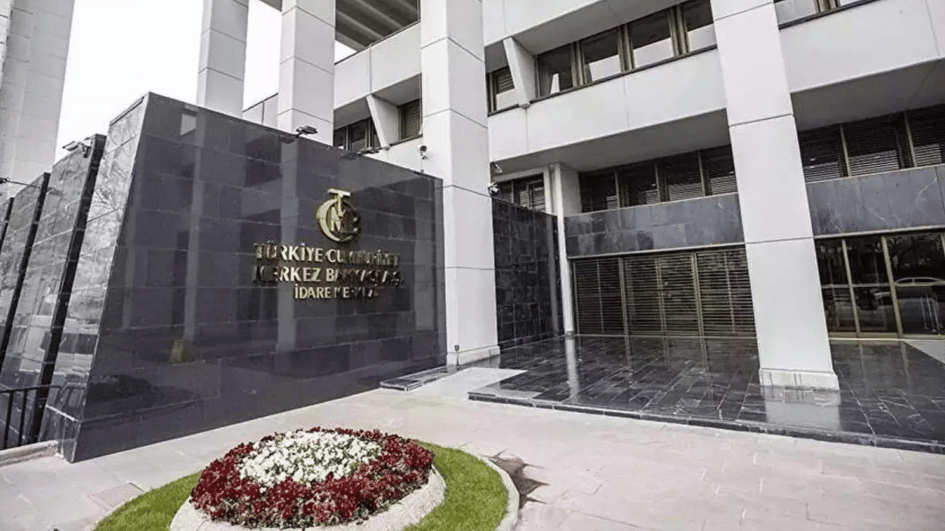EU welcomes Putin with Syria back in focus
BRUSSELS - Agence France-Presse

EU Council President Herman Van Rompuy (R) and European Commission Chairman Jose Manuel Barroso (L) pose for a photo with Russian President Vladimir Putin (C) as they meet in Brussels, on December 20, 2012. AFP Photo
Russian President Vladimir Putin went into talks with European Union leaders today, tackling a lengthy agenda of contentious issues from trade and human rights to Syria.Security was tight at EU headquarters for the summit but a small group of bare-breasted feminists staged a brief protest shouting "Putin go to hell" before being rounded up by police.
EU president Herman Van Rompuy and European Commission head Jose Manuel Barroso welcomed Putin before going into the meeting without making any remarks.
Moscow has followed the twists and turns of the three-year debt crisis which has pushed the European economy to the brink of recession, supporting Brussels' efforts to tame the storm amid concerns over key trade ties.
Van Rompuy said earlier in the week that the two parties "can make a decisive contribution to global governance and regional conflict resolution." On cue, the Syrian conflict came sharply into focus as NATO head Anders Fogh Rasmussen said Damascus had used Scud-type missiles against rebel forces -- "the act of a desperate regime approaching collapse." Russia has stuck with long-time ally President Bashar al-Assad, frustating Western powers calling for change.
But Putin on Thursday suggested Moscow might now be slightly more flexible though Moscow at the same time remains wary of the repercussions change could have on the wider Middle East.
The EU for its part has roundly condemned Assad, calling for a peaceful transition to a democratic Syria but stopping short of fully recognising a recently formed opposition coalition.
Human rights are another prominent EU concern but Putin has condemned what he sees as interference by the West in supporting Russian opposition groups.
Progress on this issue could prove difficult, with Putin in uncompromising form Thursday when he insisted his government was not authoritarian and that democracy means "first and foremost obeying the law." Earlier in the week, he urged closer ties with former Soviet states so as to limit Western influence in the face of charges he is trying to restore the economic and defence ties of the Communist era.
EU-Russia trade ties are of huge importance and worth more than 300 billion euros in 2011 but here too there are problems.
Brussels says Moscow has not lived up to the commitments it made to win World Trade Organization membership but Russia insists it needs more time to adjust to the painful compromises involved.
Putin conceded Russia had to do more Thursday but also noted that WTO old-timers knew how to use its machinery "to defend their interests and we also have to learn how to do this."
















